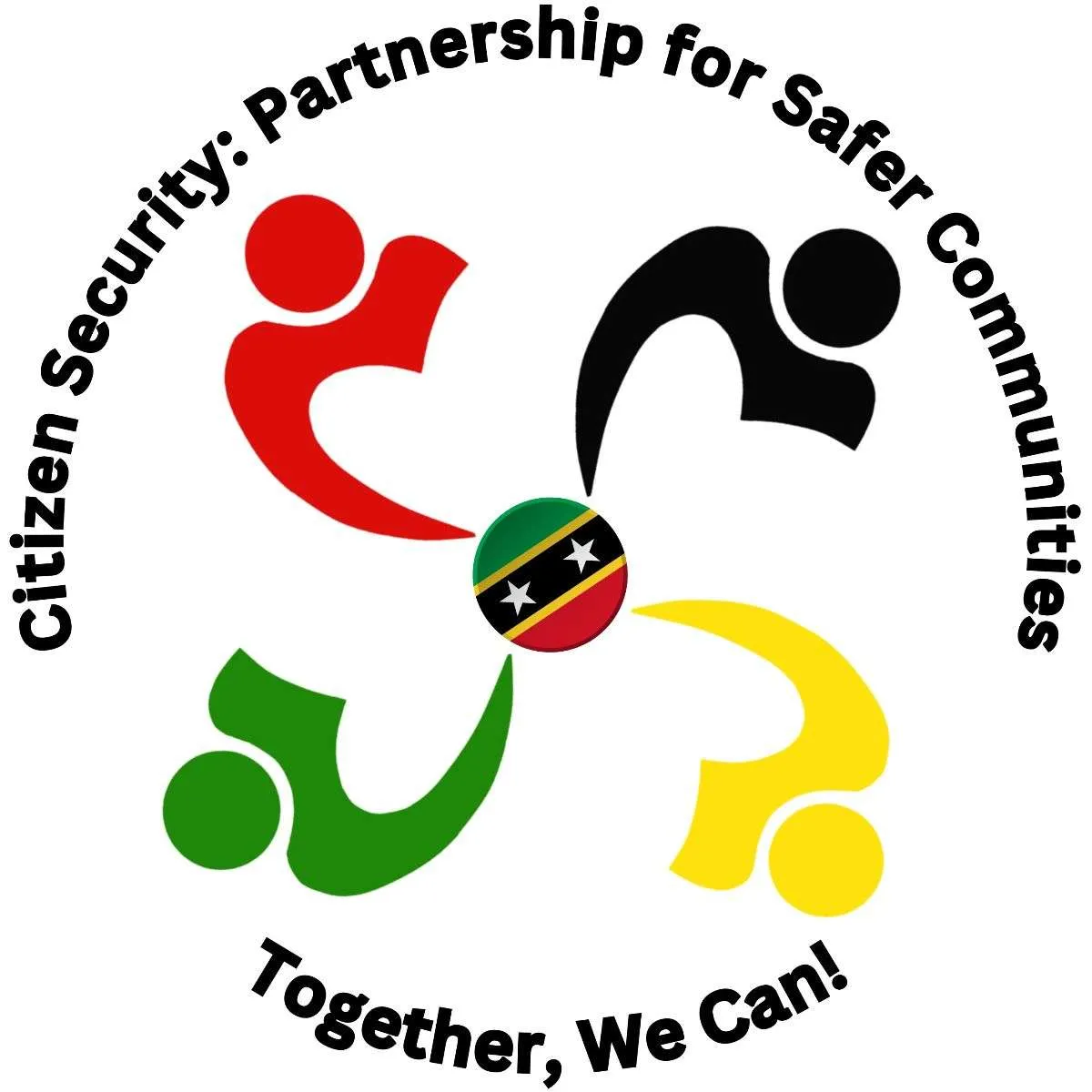Citizen Security Update for St. Kitts and Nevis
The Citizen Security Secretariat of St. Kitts and Nevis convened a press conference on April 10, 2025, to update the public on their ongoing efforts to mitigate crime and violence within the twin-island nation. The briefing highlighted various initiatives and findings, underscoring the secretariat’s multi-pronged approach to addressing the complex issue of crime. Alicia Collins, Family Counsellor at the Secretariat, emphasized the importance of tackling recidivism, the tendency of convicted criminals to re-offend. This suggests a focus on rehabilitation and reintegration programs designed to break the cycle of criminal behavior and offer former offenders a pathway to a law-abiding life. This approach recognizes that simply punishing offenders without addressing the underlying causes of their actions is unlikely to yield long-term positive results.
Eartha Carey, Coordinator of the Citizen Security Taskforce, announced an upcoming community-based crime prevention initiative. This program, set to launch in mid-May 2025, will focus on fostering positive community engagement and empowering residents to play an active role in crime prevention. The initiative will specifically target communities identified as “hot spots” for criminal activity. Carey emphasized the importance of collaboration between law enforcement, community leaders, and residents to create a safer environment for everyone. The program’s success hinges on building trust and mutual respect between these stakeholders, fostering a sense of shared responsibility for community safety. The details of this initiative reveal a shift towards proactive, community-driven crime prevention strategies, moving beyond traditional reactive law enforcement approaches.
The planned community engagement activities will take diverse forms, including town hall meetings, interactive workshops, and community clean-up campaigns. These activities aim to facilitate open dialogue, address community concerns, and empower residents with the knowledge and resources to actively contribute to crime reduction. The town hall meetings will provide a platform for residents to directly voice their concerns and engage with law enforcement and government officials. The interactive workshops will focus on practical crime prevention strategies residents can implement in their daily lives. The community clean-up campaigns will serve a dual purpose: improving the physical environment and fostering a sense of community pride and ownership, potentially deterring criminal activity.
Hance Richards, a Public Health Specialist, presented findings from community consultations that shed light on the root causes of crime and violence in St. Kitts and Nevis. These consultations revealed a complex interplay of socioeconomic factors, including family dysfunction, limited job opportunities, and the pervasive influence of peer pressure. The identification of these root causes underscores the importance of adopting a holistic approach to crime prevention, one that addresses not only the symptoms of crime but also its underlying societal drivers. This understanding emphasizes that sustainable crime reduction requires tackling the multifaceted challenges that contribute to criminal behavior.
The community consultations highlighted the critical role of family structure and dynamics in shaping individual behavior and influencing susceptibility to criminal activity. Broken families, parental neglect, and domestic violence were identified as significant contributing factors to youth delinquency and criminal behavior. Recognizing the importance of strong family units, the Citizen Security Secretariat likely plans to implement programs aimed at strengthening family bonds, providing parental support, and addressing issues of domestic violence. Such initiatives could include family counseling services, parenting skills workshops, and support groups for victims of domestic abuse.
The lack of adequate job opportunities, particularly among young people, emerged as another key driver of crime. Unemployment and underemployment create a sense of hopelessness and desperation, making individuals more vulnerable to engaging in criminal activities as a means of survival or to attain a perceived sense of status and belonging. Addressing this challenge requires a concerted effort to create more economic opportunities, promote entrepreneurship, and provide vocational training programs tailored to the needs of the local job market.
Peer pressure, particularly within vulnerable youth populations, also plays a significant role in influencing criminal behavior. The desire for acceptance and belonging can lead individuals to engage in risky behaviors they might otherwise avoid. Combatting this influence requires programs that promote positive peer interactions, build resilience, and provide alternative outlets for youth energy and aspirations. Mentorship programs, youth clubs, and sports activities can play a crucial role in creating positive social environments and diverting young people away from criminal influences.
The information shared by the Citizen Security Secretariat reveals a comprehensive and nuanced approach to tackling crime and violence. By focusing on recidivism reduction, community engagement, and addressing the root causes of criminal behavior, the secretariat aims to create a safer and more secure environment for all citizens of St. Kitts and Nevis. Their emphasis on collaboration, community empowerment, and a holistic understanding of the drivers of crime signifies a move towards a more sustainable and effective long-term crime prevention strategy.
Share this content:












Post Comment